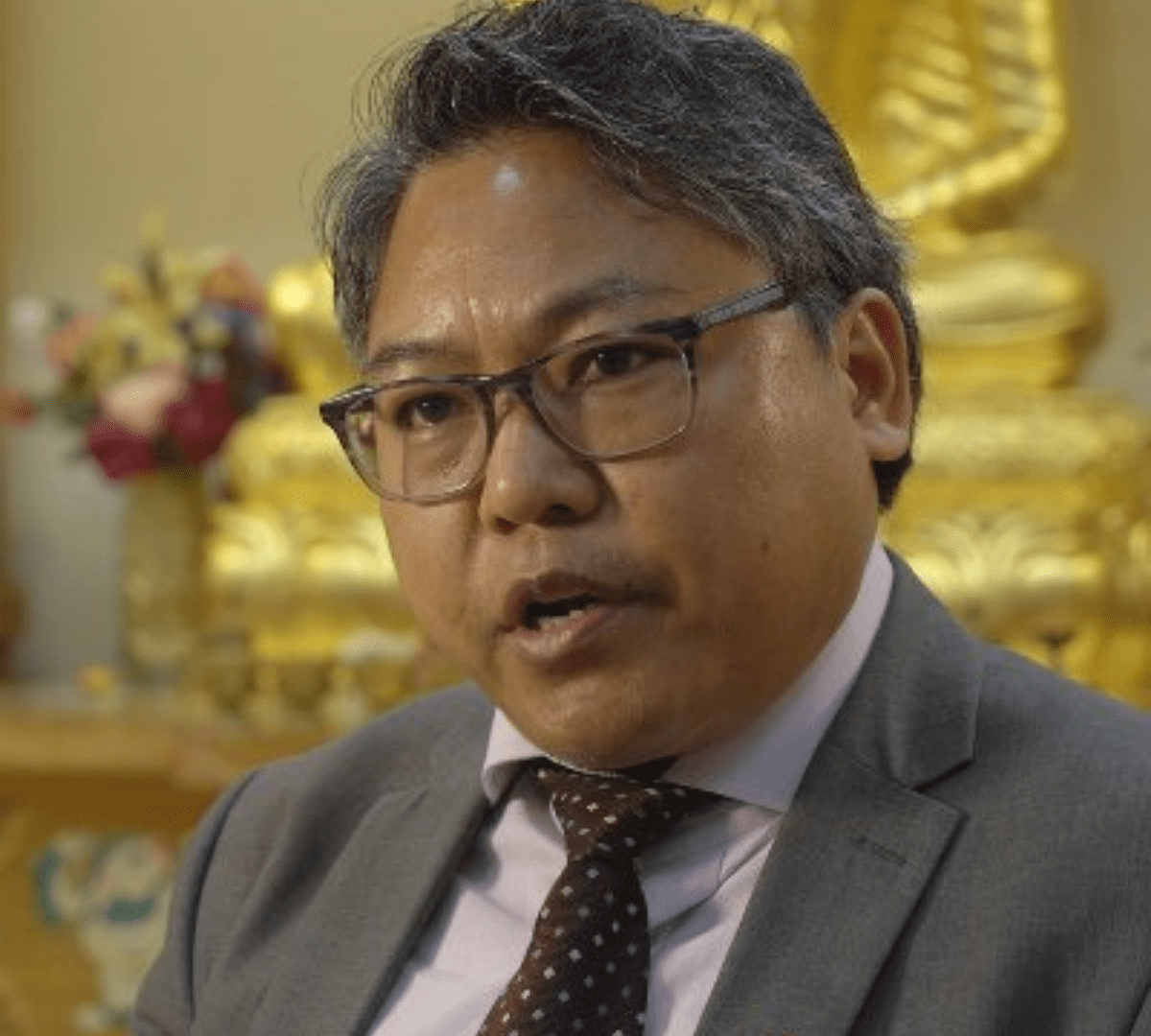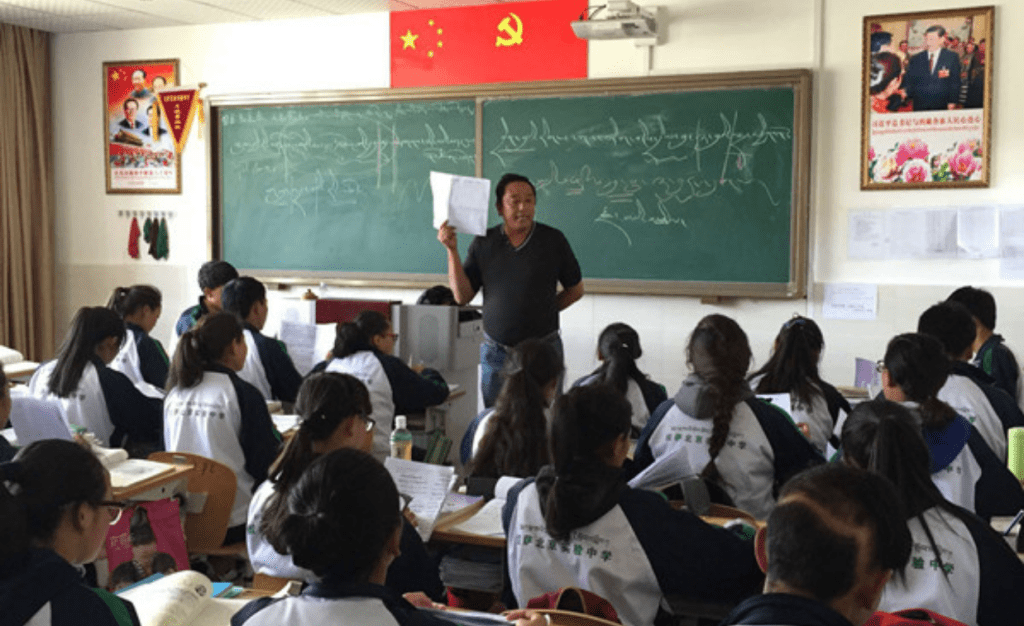
A Parent’s Heartache
On World Children's Day, Tsering Passang writes as a parent about how China's residential school system affects families and breaks international law
The forced residential schooling of Tibetan children in China’s occupied Tibet is not just a matter of policy; it’s a heartbreaking reality for parents who must endure the separation from their beloved children. This issue goes beyond political discourse, delving into the emotional turmoil experienced by families caught in the midst of a government-driven agenda that directly contradicts the principles set forth in the United Nations Declaration on the Rights of the Child.
Article 9 of the UN Declaration explicitly states that “States Parties shall ensure that a child shall not be separated from his or her parents against their will.” Yet, Tibetan families are witnessing the forcible separation from their children as they are sent to state-run boarding schools.
Since Xi Jinping came to power, the Chinese authorities started issuing orders to close down private-run Tibetan schools, where children were taught their own language, religion and culture, in addition to China’s main curriculum. The Gyalten School in Kardze Tibetan Autonomous Prefecture, Sichuan Province (traditionally Kham Province) founded by Venerable Gyalten Rinpoche, was forced to hand itself over to the Chinese authorities who now have full control. This means that Tibetan children are no longer taught what they used to learn when it was independent from the Chinese authorities. The school received funding from a British charity – Tibet Foundation (closed in 2021) from its inception until 2020 for over 25 years.
Parents, heartbroken and powerless, find themselves grappling with the violation of a fundamental right: the right to family life
From a parent’s perspective, witnessing their children stripped of their cultural heritage is a profound agony. Article 8 of the Declaration emphasises the right of the child to preserve their identity. However, reports reveal that these residential schools undermine Tibetan culture, discouraging the use of the Tibetan language and suppressing religious practices. This deliberate erasure of identity adds an additional layer of pain for parents who yearn for their children to embrace and cherish their roots.

A school in central Tibet, with the flag of the People’s Republic of China and images of Chinese Communist Party leaders visible
As parents, we inherently desire the best education for our children – a balanced and diverse learning experience that nurtures their talents. Article 29 of the Declaration stresses that education should develop the child’s personality and abilities to their fullest potential. However, the forced curriculum in Tibetan residential schools appears to prioritise political indoctrination over holistic development. Parents are left questioning the nature of the education their children are receiving and whether it aligns with the principles of unbiased learning.
In the face of such profound challenges, parents are not alone. The international community, including the UN Special Rapporteurs and rights groups have started to voice their concerns, urging the Chinese government to reconsider its policies in Tibet. The UN Declaration on the Rights of the Child serves as a beacon of hope, a reminder that the rights of every child, including Tibetan children, must be protected and respected.
The forced residential schooling of Tibetan children in Tibet is a deeply personal tragedy for parents who witness their families torn apart and their cultural heritage systematically erased. As parents, we advocate not just for our children but for the principles enshrined in the UN Declaration on the Rights of the Child. The international community must stand in solidarity with Tibetan families, urging the Chinese government to reconsider its policies and prioritise the well-being, cultural identity, and family life of these children, respecting the very rights that form the foundation of the UN Declaration. China’s annihilation of identity, culture and history of the Tibetan people will not be tolerated and should be condemned.
Tsering Passang is a Tibetan parent based in London. A former Chairman of the Tibetan Community in Britain, Tsering founded Global Alliance for Tibet & Persecuted Minorities and serves as its Chair – www.Tsamtruk.com.

